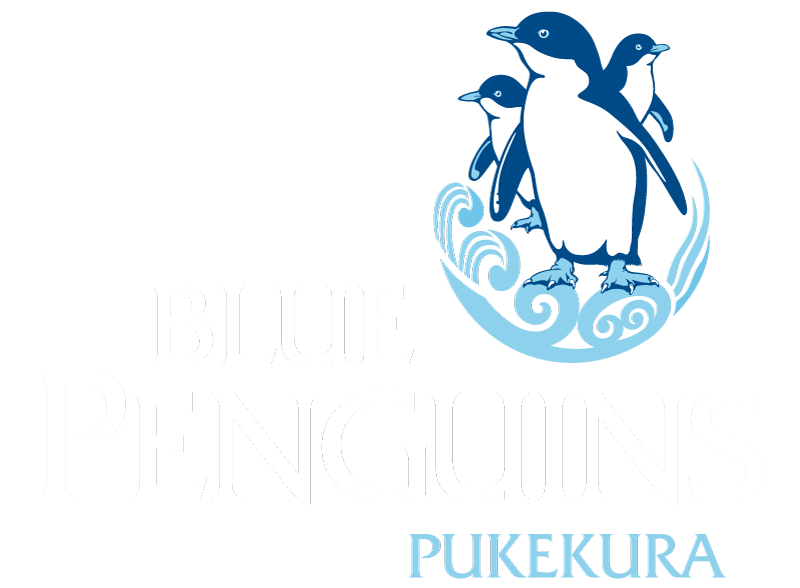From Wiki.
The
Māori (
/ˈmaʊri/; Māori pronunciation:
[ˈmaːɔɾi] (
 listen
listen)
[6]) are the
indigenous Polynesian people of mainland
New Zealand. Māori originated with settlers from eastern
Polynesia, who arrived in New Zealand in several waves of
waka (canoe) voyages between roughly 1320 and 1350.
[7] Over several centuries in isolation, these settlers developed
their own distinctive culture, whose language, mythology, crafts and performing arts evolved independently from those of other eastern Polynesian cultures. Some early Māori moved to the
Chatham Islands where their descendants became New Zealand's other indigenous Polynesian ethnic group, the
Moriori.
[8]
The arrival of Europeans in New Zealand, starting in the 17th century, brought enormous changes to the Māori way of life. Māori people gradually adopted many aspects of Western society and culture. Initial relations between Māori and Europeans were largely amicable, and with the signing of the
Treaty of Waitangi in 1840, the two cultures coexisted.
The
Treaty of Waitangi is often considered to be the founding document for European (
Pākehā) settlement in New Zealand. It guaranteed to
Māori the right to keep their lands, forests, fisheries and all their treasures, but they would hand sovereignty in the
English version, and governorship in the
Māori version, over to
the Crown and would also be able to sell only to the Crown. Initially, there was little dispute, as the settlers were able to buy land from the Māori through legal channels. However, after a while, Māori became disillusioned and less willing to sell, while the Crown came under increasing pressure from settlers wishing to buy. Consequently, government land agents were involved in a number of dubious land purchases. Agreements were negotiated with only one owner of tribally owned land and in some cases land was purchased from the wrong people altogether. Unrest and rebellion caused by these actions were met with further punitive land confiscations. Eventually this led to the
New Zealand Wars, which culminated in the confiscation of a large part of the
Waikato and
Taranaki. Political and economic redress for these historical grievances has been ongoing (see
Treaty of Waitangi claims and settlements) since the 1920s and has resulted in a number of redress agreements.
Social upheaval, and epidemics of introduced disease took a devastating toll on the Māori population, which fell dramatically. By the start of the 20th century, the Māori population had begun to recover, and efforts have been made to increase their standing in wider New Zealand society and achieve social justice. However, disproportionate numbers of Māori face significant economic and social obstacles, and generally have lower life expectancies and incomes compared with other New Zealand ethnic groups. They suffer higher levels of crime, health problems, and educational under-achievement. A number of socioeconomic initiatives have been instigated with the aim of "closing the gap" between Māori and other New Zealanders.
There is quite a bit more on Wiki regarding this subject, the above is just a flavour.
Read Mike Kings book a history of NZ there was a society called the Moriori. I get that can be confusing in its name but they were here way before the Maori. The Maori travelled from the Pacifc ish islands. (Tahiti if iirc) Dna to link them as well ( iirc) Now however there are no Moriori left .... somehow they all disapeared. Go figure that one!
yeah, I did some reading this morning. The Maori came from the Pacific islands in around 1300, which was centuries before the Europeans. Whilst both races lived in harmony initially there were land disputes which resulted in war and ultimately land confiscation from the Maori. Restoration of the historic injustices is ongoing. Whilst there has been troubles it doesn’t seem to be in the same scale as Oz and the USA.
Every day is a learning day. I didn’t know most of that when I woke up this morning :-)




